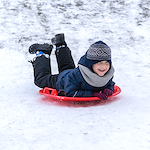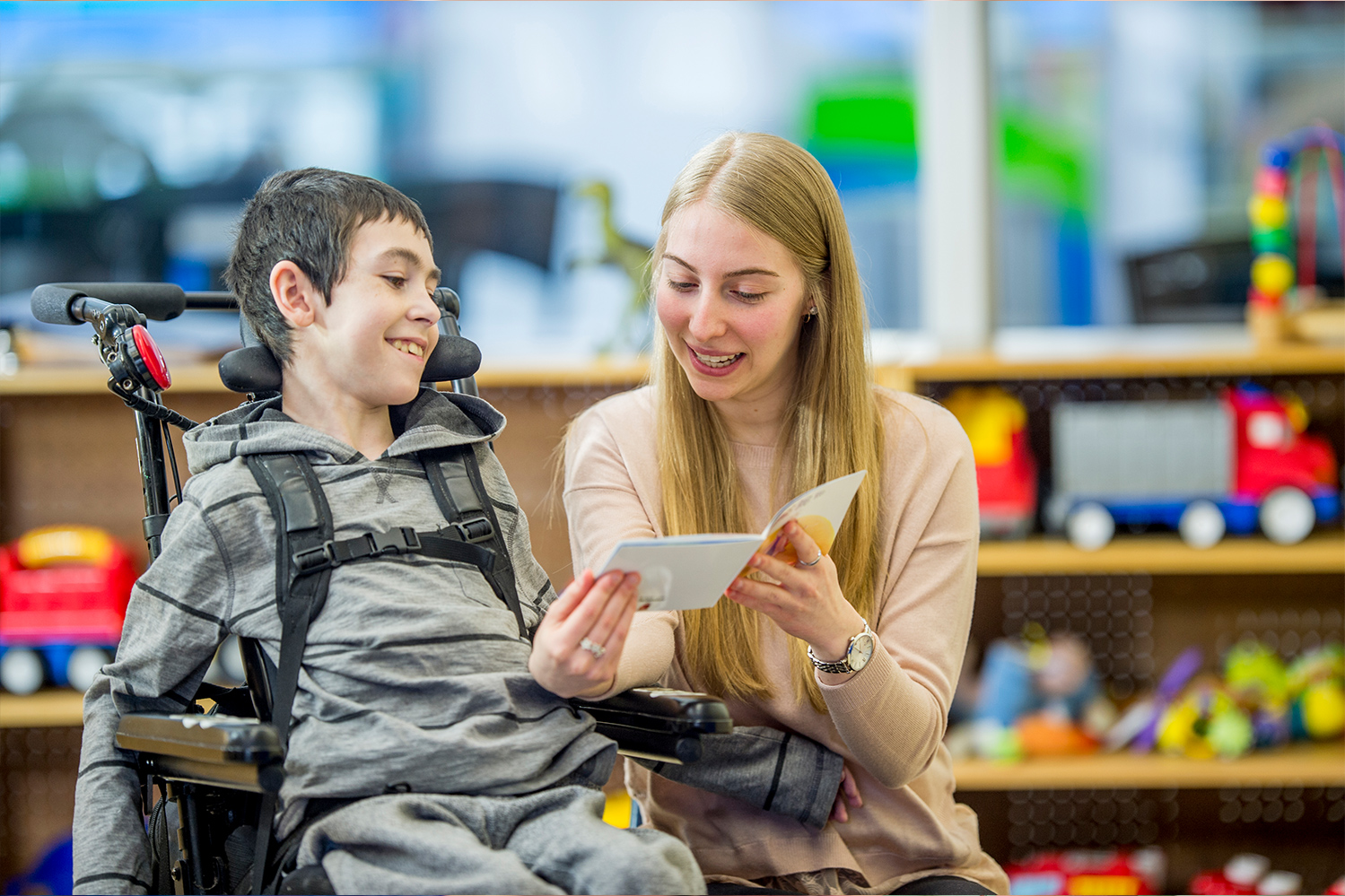As a child, this time of year can be magical and full of joy. But how can we support our loved ones to create an opportunity to experience joy in activities that may have been challenging in the past? Kids with Autism typically struggle with transitions, changes in routine, or encountering new environments. As a result, you may consider not going on that Christmas lights walk or visiting Santa at the mall. The thought might evoke anxiety as perhaps last year’s events did not go so smoothly.
Here are some ideas and thoughts that may accommodate your child’s needs without having to forgo traditional activities altogether
1. Teach and Show
When it comes to traditions, shared activities, or routines of a particular holiday, it’s helpful to prime children for what to expect. Share videos and movies, or model what they will be encountering. Even if it is something, they’ve been a part of since infancy.
2. Talk about fears and feelings
Talk about fears and feelings, and if unable to talk about these emotions, be clear about how your child responds when stressed to identify those emotions before they build to a heightened level. Pay attention to approach and withdrawals during activities and honor attempts to pull back.
3. Prepare for changes
As we’ve shared in our most recent post about traditions, finding a way to incorporate their home routine or everyday items into new places and settings will help support more calm. Making a setting as familiar as possible can help ease potential anxiety or stress they may feel in a different location.
4. Have a plan for a safe place to retreat as needed.
Remember, it is okay if things don’t go as planned. Your child may not sit for too long. They may need more movement. They may only eat one type of food. They may need more coping tools to self-regulate. Honor that when and where you can. This is not a time to train them to enforce changes.
5. Create a game plan with your partner or supporting family member
Sometimes things go differently than planned. Maybe your child needs a nap, a break outside the building, or is engaging in a tantrum. Prepare a plan for each of you to take turns to have a break.
Burnout is a real experience for autistic children and stress can affect all members of the family. Do not feel guilty if you or your child need a break.
With time, patience, and planning, you might be able to turn your experience to one where both kids and parents are happy.
Is your child is currently receiving ABA services? Please reach out to your supervising clinician to receive tips and strategies specific to your child.
If you are not currently receiving ABA services and are curious about how it can help your child with autism, don’t hesitate to get in touch with us to learn more.








